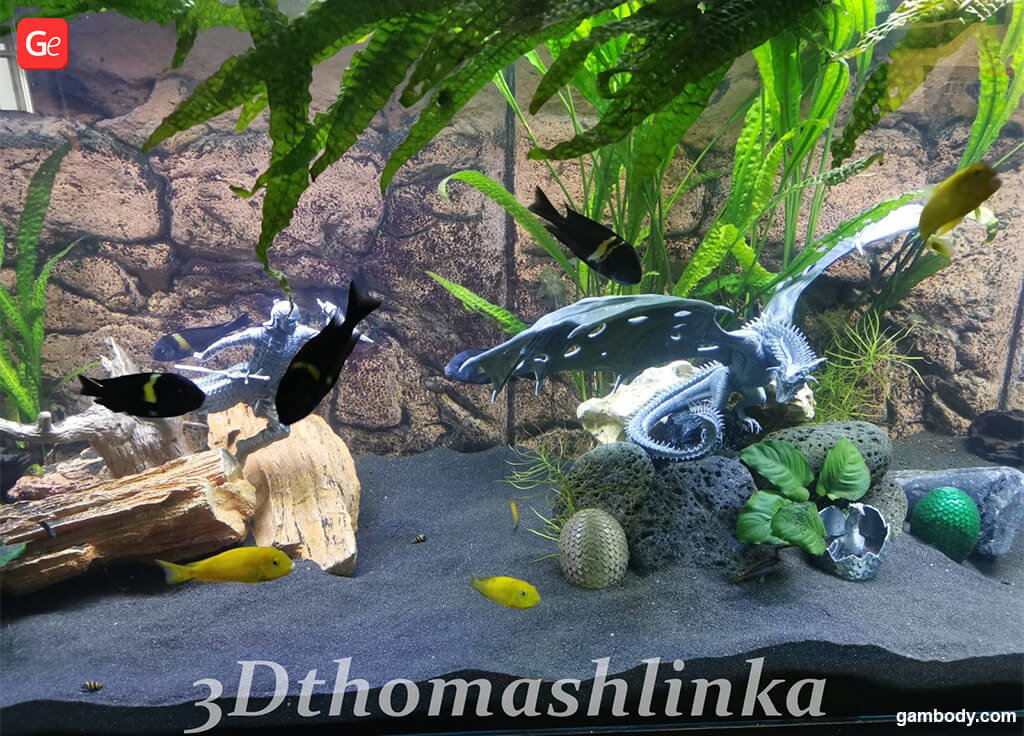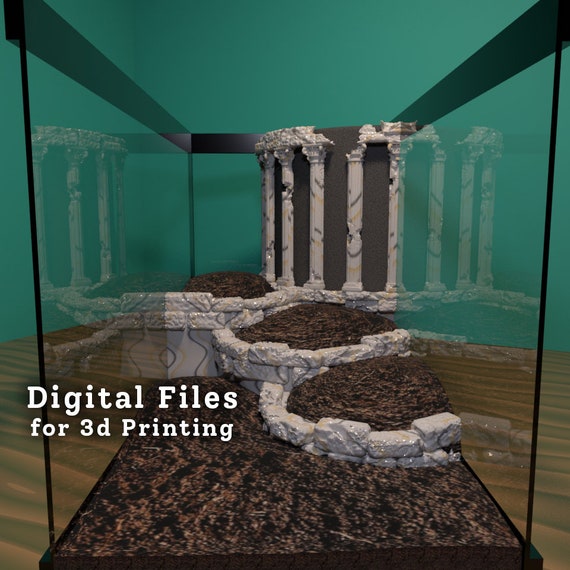Are you ready to take your aquarium to the next level? This guide covers everything you need to know about 3D printing aquarium decorations!
What is 3D Printing?
3D printing, also known as additive manufacturing, is a process where physical objects are created from a digital design. By layering materials—in most cases, plastic or resin—a printer can produce intricate models, including custom decorations for aquariums.
The Benefits of 3D Printing Aquarium Decorations
Using 3D printing for aquarium decorations comes with myriad advantages:
- Customization: Create unique designs that match your aquarium’s theme.
- Durability: Many 3D printed materials are resistant to water and can withstand the aquarium environment.
- Affordability: Once you have the equipment, printing your own decorations may save you money over time.
Getting Started with 3D Printing Aquarium Decorations
Choosing the Right Printer
When selecting a 3D printer for aquarium decorations, consider factors such as print volume, material compatibility, and printing technology (FDM vs. resin).
| Printer Model | Type | Max Build Size | Price Range |
|---|---|---|---|
| Creality Ender 3 | FDM | 220 x 220 x 250 mm | $200 – $300 |
| Anycubic Photon Mono | Resin | 130 x 80 x 165 mm | $180 – $300 |
| Prusa i3 MK3S+ | FDM | 250 x 210 x 210 mm | $750 – $1,000 |
Materials for 3D Printing Aquarium Decorations
Choosing the right material is critical for ensuring the safety of your fish and the longevity of your decorations. Common materials include:
- PLA: Safe for freshwater tanks but not particularly durable in warmer water.
- PETG: More durable and water-resistant, making it a great choice for many aquarium types.
- Resin: Provides fine details and smooth finishes but can be toxic if not properly cured.
Designing Your Own Aquarium Decorations
Creating custom designs can be a fun and rewarding part of 3D printing. Here are some tips to help you get started:
Using Design Software
Popular design software for beginners and experienced users alike include:
- TinkerCAD: A user-friendly option for beginners.
- Fusion 360: More advanced software that offers extensive design capabilities.
- Blender: Excellent for artistic and organic models.
Inspiration for Designs
Some ideas for your decorations include:
- Coral formations
- Ancient ruins or sunken ships
- Custom caves and hiding spots for fish
Printing Process and Tips
Preparing Your Print
Before starting the printing process, make sure you:
- Calibrate your printer settings.
- Choose appropriate print orientation for stability.
- Ensure proper bed adhesion for successful prints.
Post-Processing Your Prints
After printing, you may need to perform post-processing to ensure your decorations are safe for your aquarium:
- Remove support structures.
- Sand down rough edges.
- Seal your prints with a non-toxic sealant to prevent leaching chemicals.
Pros and Cons of 3D Printing Aquarium Decorations
Pros
- Unlimited customization.
- Cost-effective in the long run.
- Ability to make repairs or replace parts easily.
Cons
- Initial setup costs can be high.
- Time-consuming design and printing processes.
- Safety concerns with certain materials.

Examples of Successful 3D Printed Aquarium Decorations
Here are a few examples of unique decorations created by fellow enthusiasts:
Coral Reefs
A vibrant, lifelike coral reef can add splashes of color while providing essential hiding places for fish.
Sunken Treasure
Creating a sunken treasure chest can provide a fun and interactive element for your fish.
Frequently Asked Questions (FAQs)
Can I use any filament for 3D printing aquarium decorations?
Not all filaments are safe for aquariums. Always choose non-toxic, water-resistant materials.
How do I ensure my 3D prints are safe for my aquarium?
Make sure to cure resin properly, avoid harmful materials, and seal your prints when necessary.
What should I avoid when designing aquarium decorations?
Avoid sharp edges, small parts that can be ingested, and any design that may trap fish.
